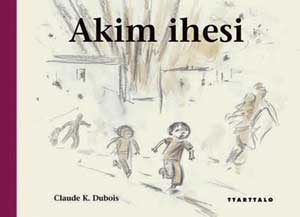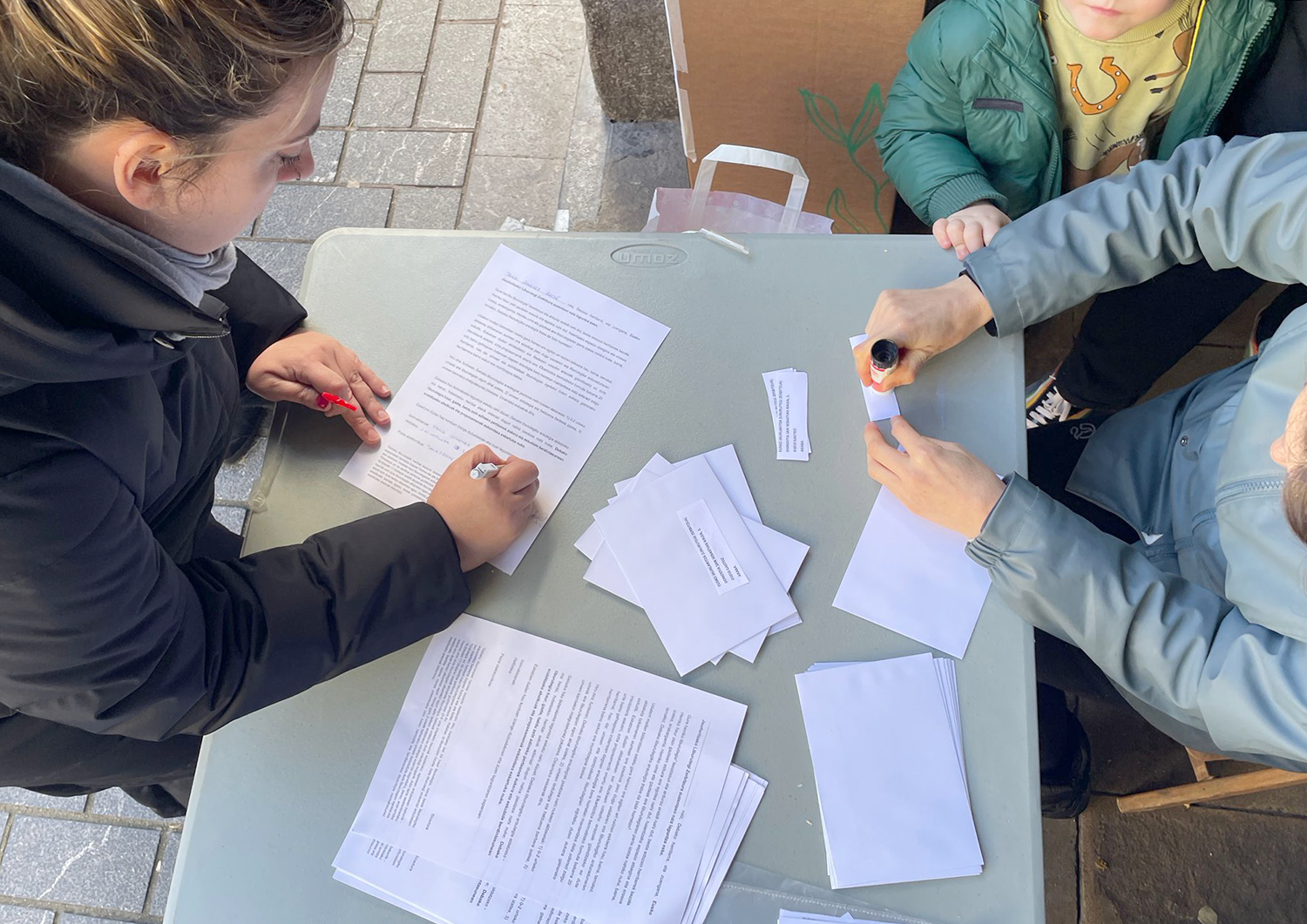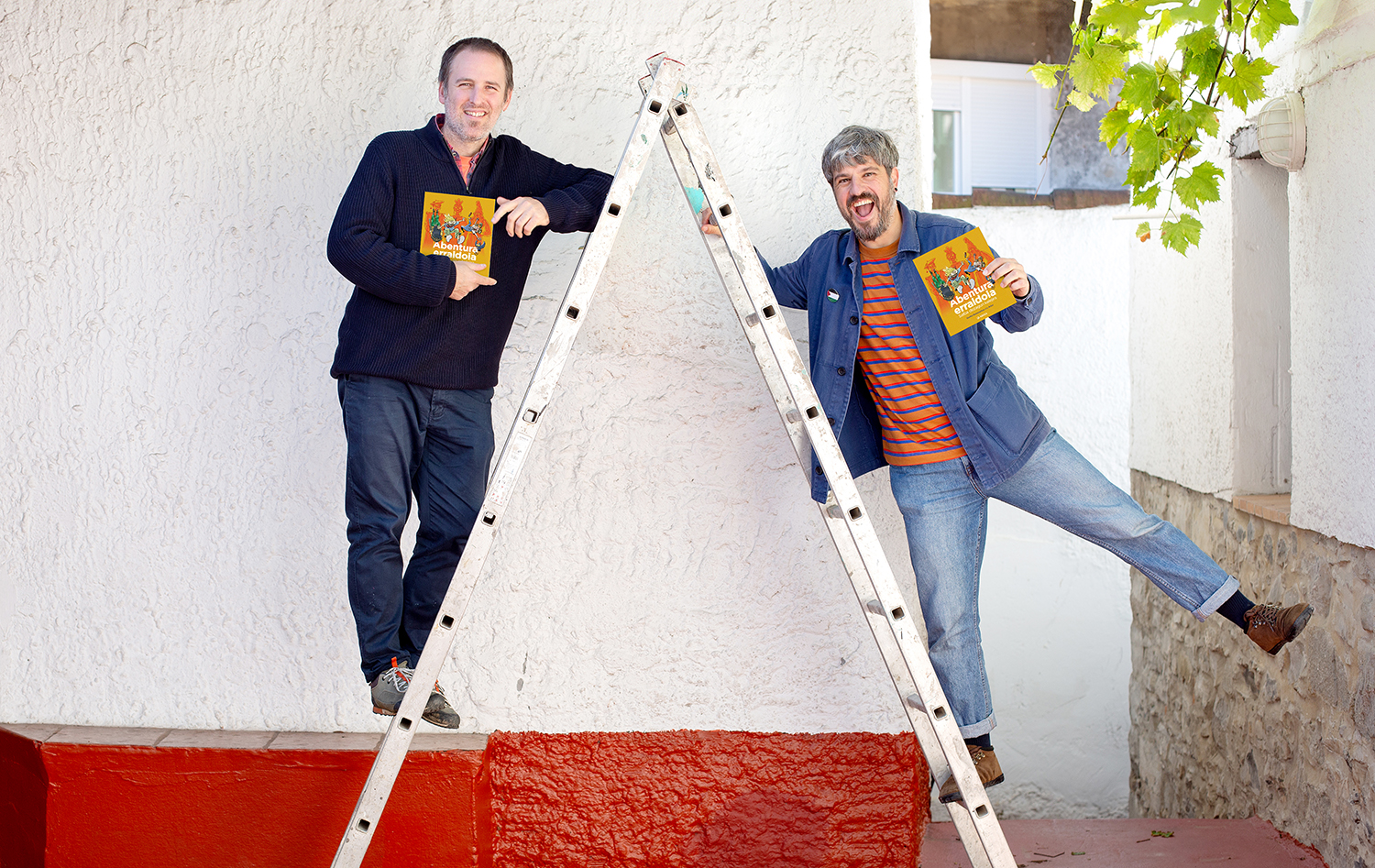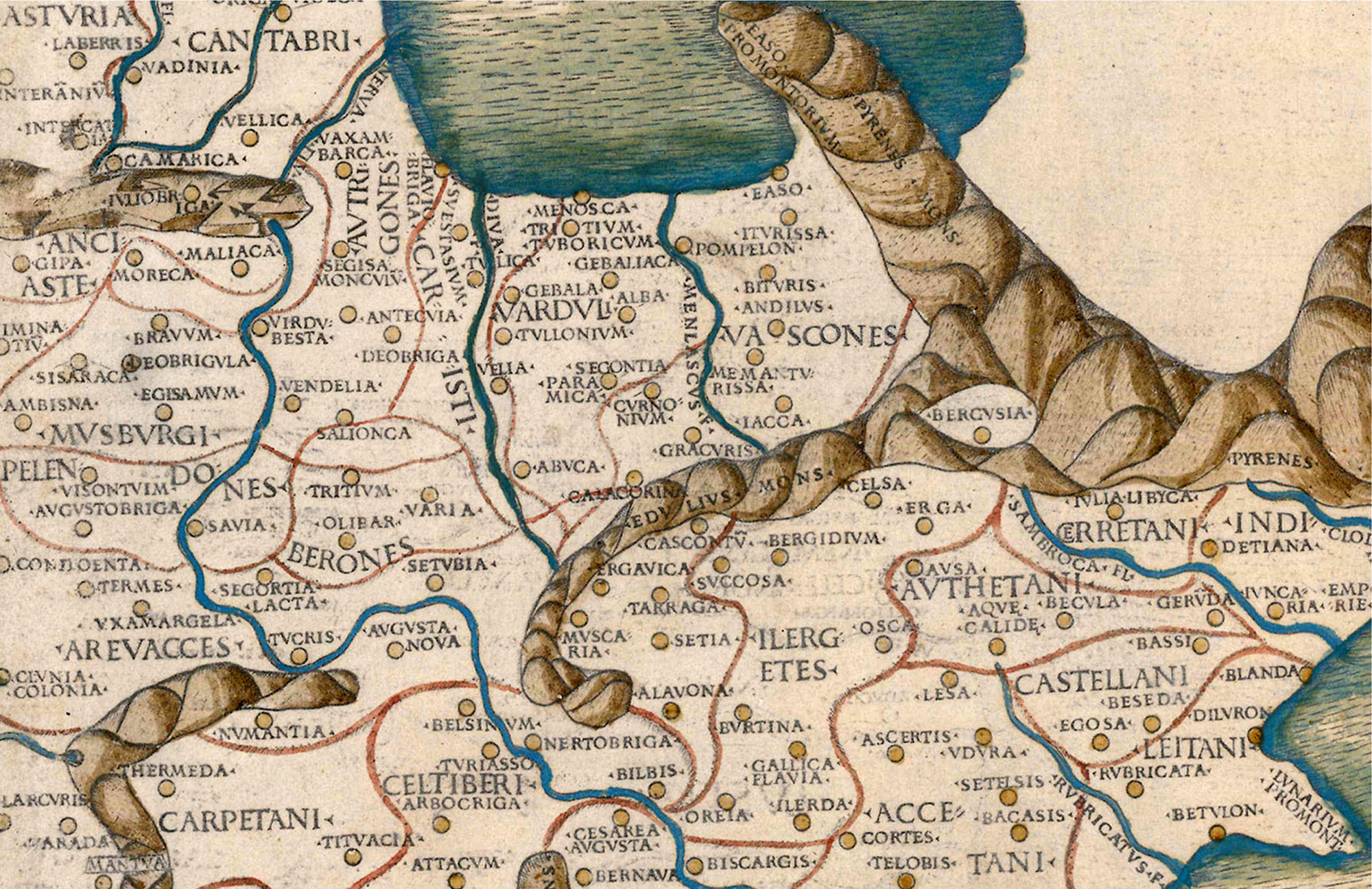In the crux of war

Akim flees
Claude K. Dubois
Translation: Aztiri
Ttarttalo, 2014
It is curious Claude K. who presents us the Ttarttalo house. This book by Dubois. Curious, because it's strange, and it's curious, because we can consider it among ourselves as a jewel.
The title of the book and its image on the cover give us several clues about the evolution of the book, the story of a child fleeing war. But the author of this story has used mostly images, and through them he has told us Akim's story. Of the almost 90 pages that make up the book, the text appears in 11 pages, longer and shorter, but in the following pages it tells us what is going to be narrated through the images.
“Akim’s village seems to be far from war. Akim and other children play with their small boats (…) At dusk, a dark hum and shots have been heard in the sky. Burunstandards are becoming bigger and bigger” and in the following pages we can see the peace of the village and the consequences of the bombs of the planes of war in the sky. Then, “in the village of Akim, all the neighbors have started running from one side to the other (…) their house is shattered and there is no one there. (…) Akim is left alone in the midst of the crowd.”
And through almost colorless black and white images, you can count Akim's flight and his family search journey on the following pages. Death, violence, friendship, support… the reader will witness many facts and feelings throughout Akim’s history. He will also arrive at a camp where “he feels safe (…) but constantly thinks about his family and all the things he has seen. You can’t play with other kids.” This almost telegraphic narration explains the ideas that are developed through the images, and perhaps it is the virtue of this book, but at the same time it is a mistake, as the images lose strength by that previous narrative … if not that the narrative is an opportunity for the reading to be guided by the adult and, later, for the child to leave the autonomous reading through images.
Both in one case and in the other, the book has a lot of strength, the narrative is raw, although the end is almost happy (there is a doctor who helps Akim and at the end: “Often, Akim cannot contain her tears, misses her family and her previous life. One day, the camp manager calls him. They have found their mother…”). The reader knows that Akim's story is not a fiction, that Akim is not going to be the same, that it's impossible to go back to previous life, and that, unfortunately, Akim's stories are happening today not far from us.
Party and recreation. Oral History of Rock Radical Vasco
Javier 'Jerry' Corral
Books, 2025
------------------------------------------------
Javier Corral ‘Jerry’ was a student of the first Journalism Promotion of the UPV, along with many other well-known names who have... [+]






















